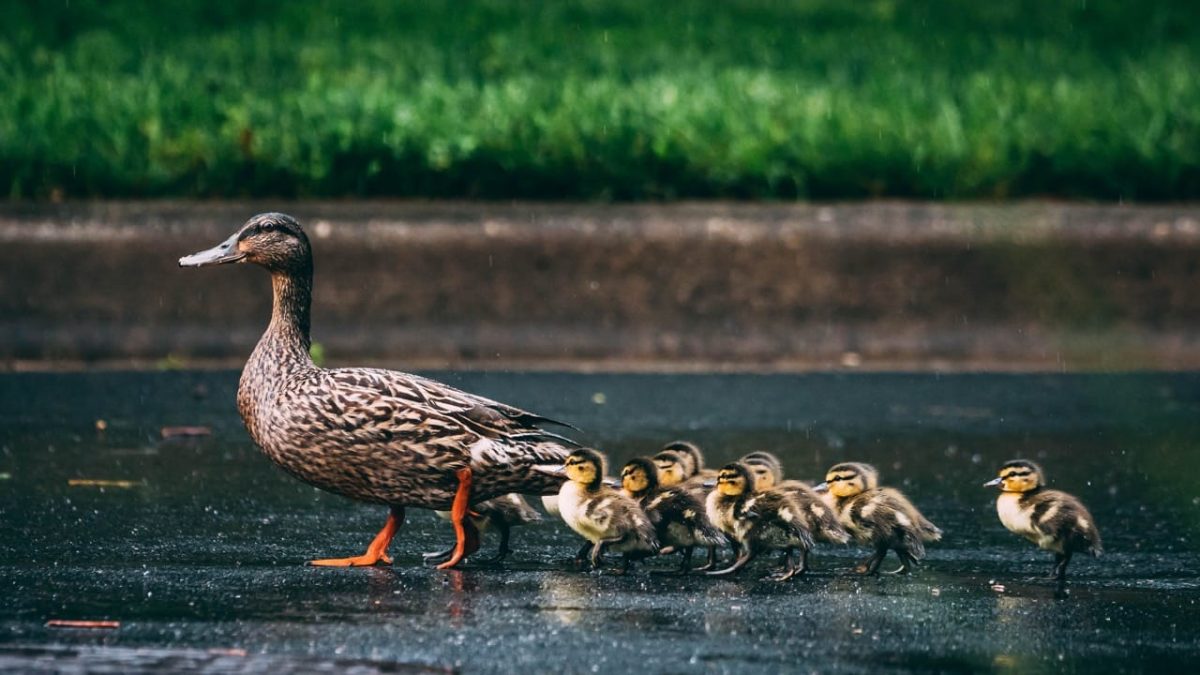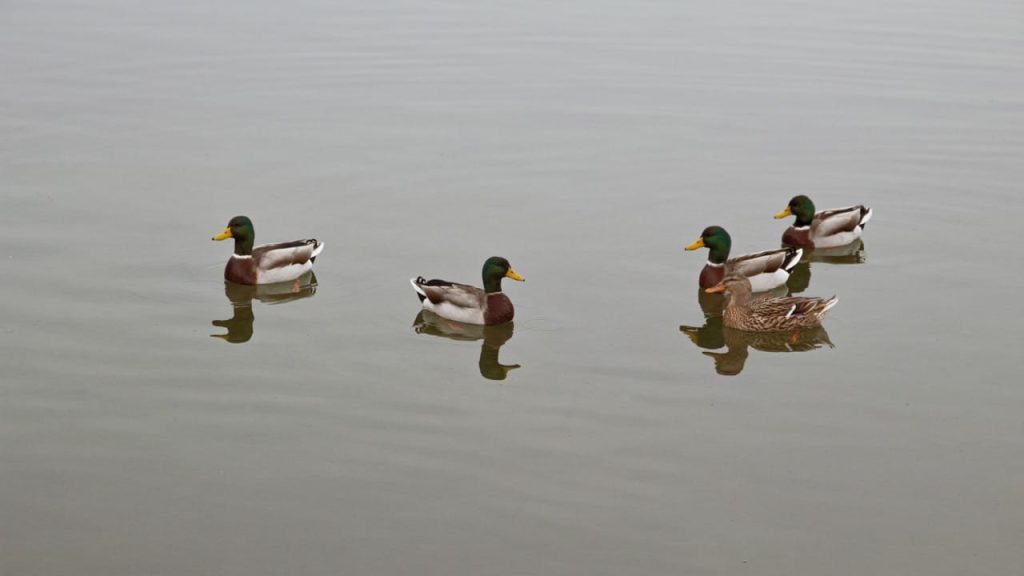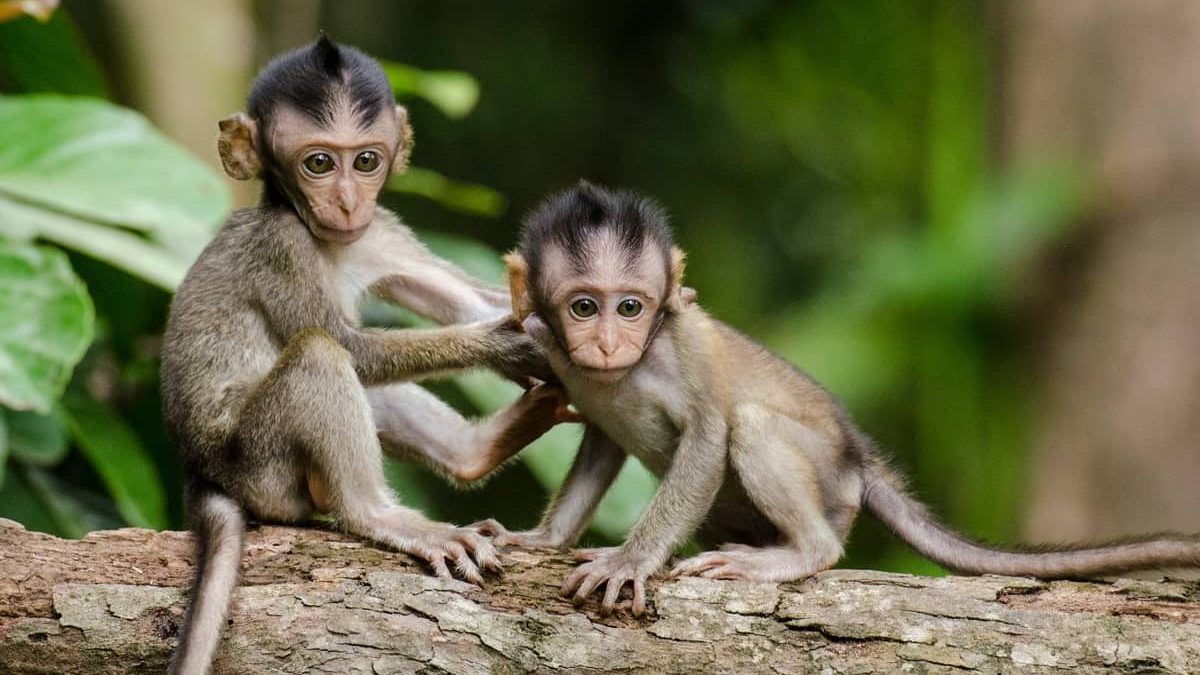
Where Do Ducks Sleep
Ducks are fascinating creatures, from their graceful paddling to their comical waddling. But have you ever wondered where these feathered friends rest their heads at night? Unlike us humans with cozy beds and fluffy pillows, ducks have a variety of sleep arrangements, depending on the season, species, and even age. So, let’s dive into the fascinating world of ducky dreams and uncover the secrets of where they sleep.
Nighttime Nesting: Safe Havens for the Weary
As dusk settles and the moon takes over the sky, most ducks settle down for the night in communal roosting sites. These can be found on land, tucked away in sheltered areas like dense reeds or wooded edges. Some ducks, like mallards, prefer to sleep on the water, forming raft-like formations for warmth and protection. This social snoozing provides several benefits:
- Safety in numbers: Predators have a harder time picking off a single duck from a large group.
- Shared warmth: Huddling together helps conserve body heat, especially important during cold nights.
- Early warning system: If one duck senses danger, the entire flock can take off quickly.
Winter Slumber: Cozying Up for the Cold
When winter’s icy grip tightens, ducks need to adapt their sleep habits to stay warm. Some species, like wood ducks, will seek out sheltered cavities in trees or nest boxes to escape the biting wind. Others, like canvasbacks, will burrow into snowdrifts for insulation. While these cozy nooks might seem unconventional, they provide essential protection from the harsh winter elements.

Wild Wonders: Roughing it in Nature
For wild ducks, sleep is often a balancing act between safety and comfort. While they might utilize communal roosts for some nights, they’ll also be on the lookout for predators. This means sleeping in different locations each night, keeping their movements unpredictable and reducing the risk of being caught off guard. The constant vigilance may not lead to the deepest slumber, but it’s a necessary adaptation for survival in the wild.
Tiny Slumberers: Baby Ducks’ Dreamland
For ducklings, sleep is essential for growth and development. They spend a significant portion of their day snoozing, often huddled close to their mother for warmth and comfort. During their first few weeks, ducklings will sleep with their heads tucked under their mother’s wing, a heartwarming sight that embodies the tenderness of parental care. As they get older, they’ll become more independent in their sleep arrangements, but the bond with their mother remains crucial for their well-being.
Ducks and Dreams: Do They Sleep Like Us?
While much remains unknown about the sleep patterns of ducks, research suggests they experience different sleep stages, similar to humans. They exhibit periods of deep sleep, characterized by slow brain waves and reduced muscle activity, as well as lighter sleep stages where they may be more alert to their surroundings. However, the duration and specific characteristics of their sleep cycles likely vary depending on factors like age, species, and environmental conditions.
Unraveling the Feathery Mysteries
The lives of ducks are filled with adventure, from navigating bustling ponds to journeying across vast migratory routes. But even these energetic creatures need their rest. Understanding where and how ducks sleep sheds light on their adaptability, social behavior, and even their vulnerability in the face of threats. So, the next time you see a duck peacefully paddling across a pond, remember the hidden world of nighttime slumber that awaits them as the sun dips below the horizon.
Fun Facts and Engaging Ideas
- One-Eyed Sleep: Studies have shown that ducks sometimes sleep with one eye open, likely to keep watch for predators while their other eye rests.
- Duck Dreams: While we can’t know for sure what ducks dream about, it’s fun to imagine them paddling through fantastical underwater landscapes or soaring through endless skies.
- Citizen Science: Help contribute to our understanding of duck sleep by participating in citizen science projects that monitor bird behavior at night.
By uncovering the secrets of where ducks sleep, we gain a deeper appreciation for these remarkable creatures and the unique challenges they face in the wild. So, the next time you hear the gentle quacking of ducks echoing in the twilight, remember the fascinating world of nighttime slumber that unfolds beneath the starry sky.



